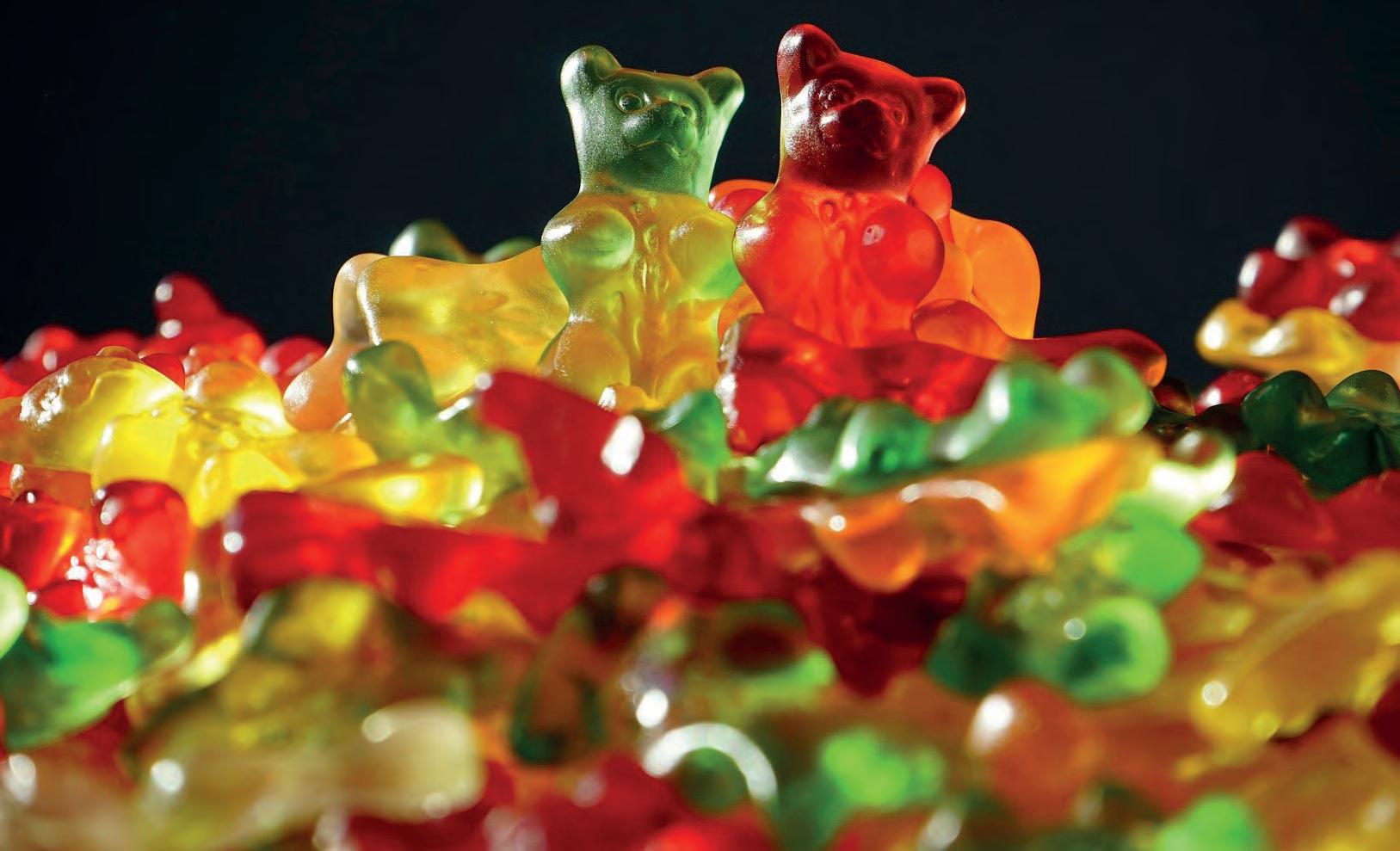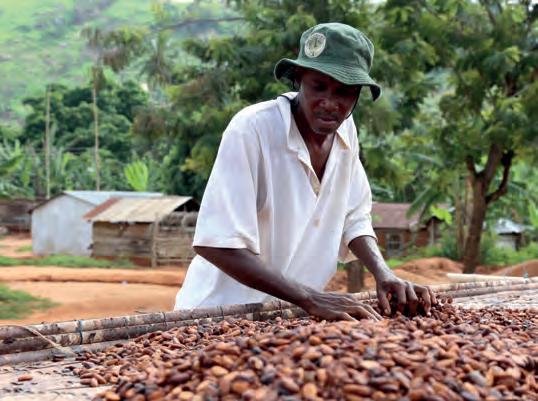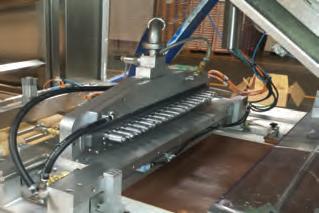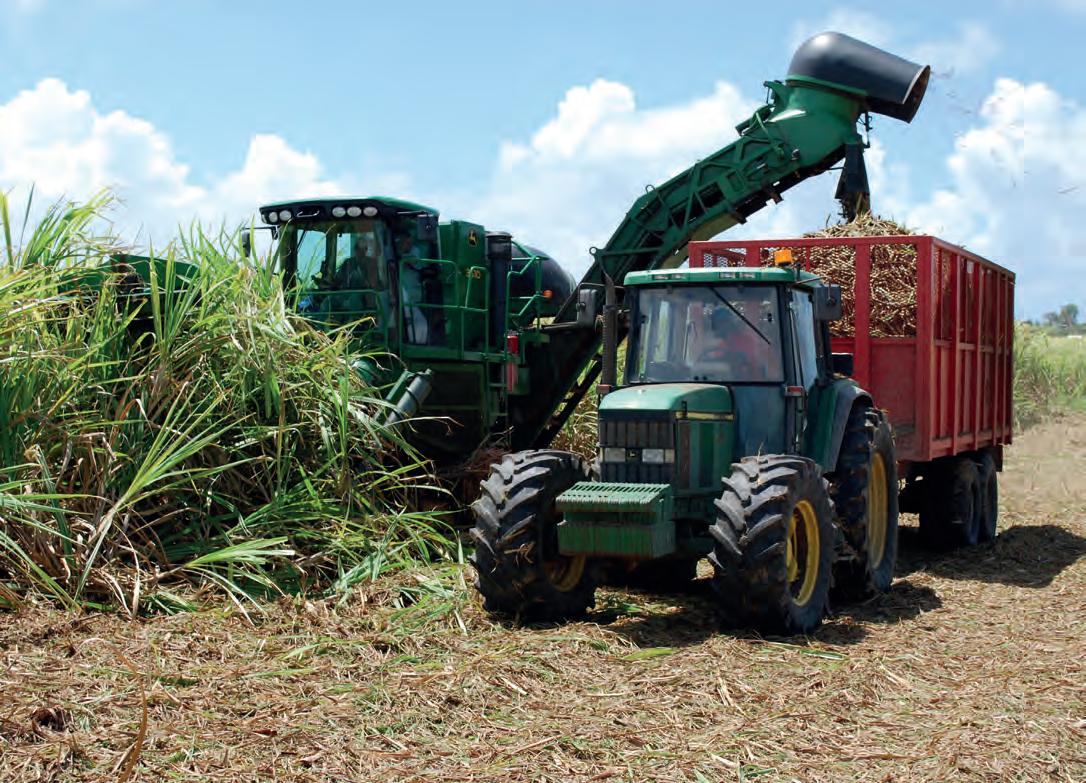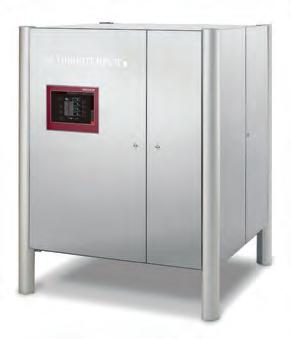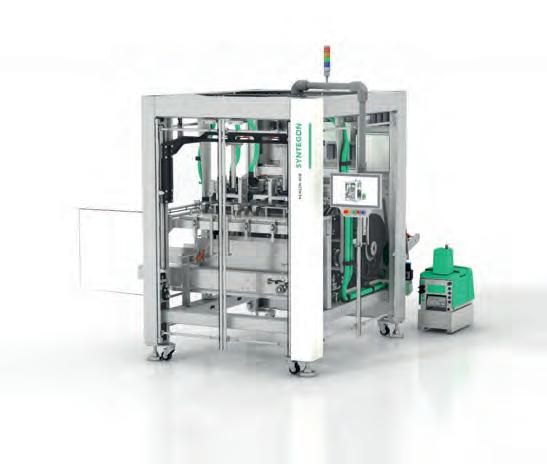
3 minute read
MFG Tray
MFG TRAY: starch tray superiors
Molded Fiber Glass Tray, MFG Tray, has established itself as a leading manufacturer of high-strength, glass-reinforced composite containers, trays, boxes, flats and totes for the confectionery industry - Confectionery Sales Manager, Thomas Woods, spoke with Kennedy’s about the company’s history, recent developments and overall mogul efficiency
Advertisement
MFG Tray was founded in Linesville in 1952 as a division of Molded Fiber Glass Companies. The business was originally expressly to be a moulder of tray and boxes for the food service and industrial material handling markets, but over the years the company has added tray and boxes to their lines and expanded into different markets such as the confectionery market.
Interestingly, one of earliest confectionery trays from MFG was a moulding tray for Ludens in the 1960’s and after this success, the company looked at what else they could supply and started working on starch trays. This work started to pay off in the 1970’s and the line built from there with several other products such as dough boxes evolving into standard designs expressly for specific applications, while others were used in an array of material handling operations, such as the 780 Series nest-and-stack designs.
Today, MFG Tray continues to offer both specialized and multipurpose material handling products for food service, confectionery, pharmaceutical, electronics and industrial applications. The strength, stability, versatility and durability of composite materials continue to reinforce the fact that the material really does matter in material handling.
Kennedy’s spoke with MFG Tray’s Confectionery Sales Manager, Thomas Woods, regarding his experience working for MFG as an established member of the team; “I have been with MFG since 1976 and have experience with all of our markets, but have been primarily involved with the confectionery market since I started in sales. I had previously worked at MFG and in the 1970’s they had a major expansion and I returned

and started working in the factory operations.”
In the past, companies often used wood trays in their confectionery production lines but found that they had to replace their tray often – they were easier to break, put splinters in the product, could not be cleaned and in a typical operation on an average of 10% had to be replaced every year.
“Our trays solved these problems and also cut down on downtime caused by jammed trays and broken trays which, in turn, enabled the manufacturers to on average produce 5 to 7% more product per shift,” Thomas continues. “Some of the challenges that the confectionery industry faces are recyclability and sustainability and fortunately MFG starch trays will last a long time. It is not unusual to see trays we made 30 years ago still in production - a tray still being used relies on fewer natural resources being used to make a new one. Fibreglass material is also recyclable, though not commonly done.”
In response to confectionery manufactures desire for a material that is detectable in their finished product should a tray become damaged, MFG Tray developed and recently introduced their patent pending X-DTect™ composite material made from high-strength, glass-reinforced composites specifically formulated for X-ray detection.
“Our X-DTect™ material can show contamination of the product down to 1 cubic mm. This material was developed at the request of several customer for a material that would be detectable if the tray got damaged in the machine. We worked on this for a couple of years and the material is available in all of our starch trays and are the only company offering such a material.”
Several confectionery operations using MFG Tray starch trays have noted an increase in production efficiency as composite trays can be run at higher line speeds. MFG Tray’s Confectionery Sales Manager, Thomas Woods The precise sizing and dimensional stability of MFG Tray starch trays contribute to improved mogul efficiency, and the durability of composite construction ensures value and a long service life.
Thomas concludes: “As the line manager, I am proud of the fact that due to the constant improvements that MFG makes in our processes and materials we can supply our customers with a reasonably priced product that will last them many years. MFG Tray will continue to respond to the markets demands and also work to keep providing the best value for the customer.”
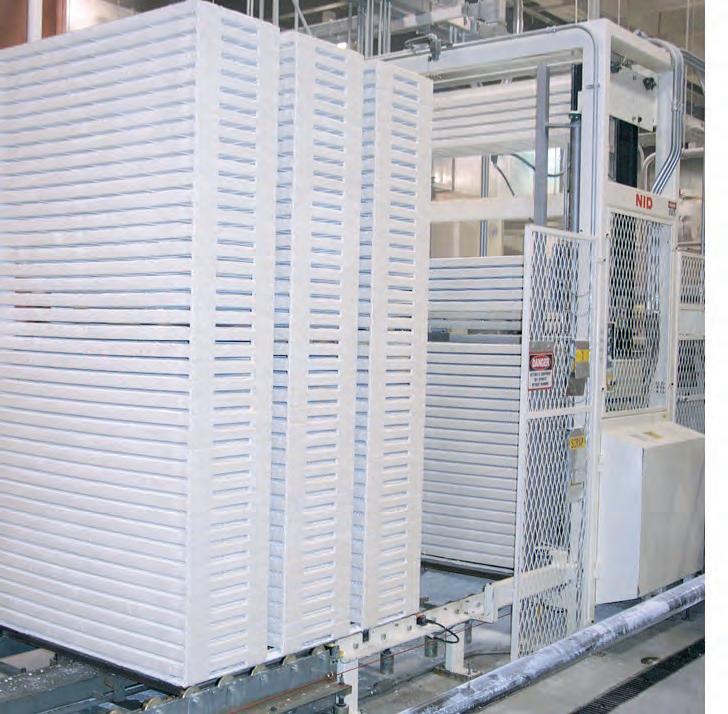
Thomas Woods, Confectionery Sales Manager, MFG Tray
